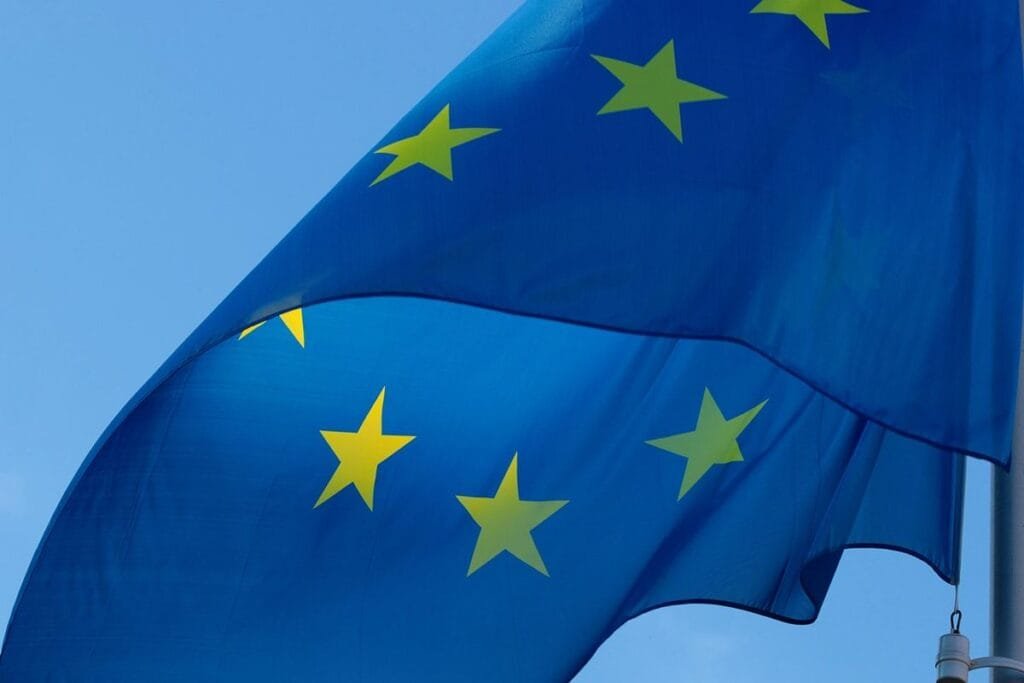Off the back of the EU publishing a Recommendation for post-quantum technologies, let’s take a look at what is meant by post-quantum, the effect quantum computing could have on various industries, and the benefits of the Recommendation.

What is Post-Quantum?
Quantum technology has seen an increase in applications over the past few years. Although, perhaps the most impressive feat is the development of quantum computers. The only issue with these computers, however, is they are just so powerful.
For example, secure algorithms are behind everything from banking transactions to iGaming technology. When players try their hand at something like Starburst slot at Betfair Casino, star and gemstone symbols will seemingly randomly fall onto the reels, and bonus features will be triggered at any moment. This is because algorithms are programmed to generate the symbols in a way that is unpredictable, ensuring the games are fair and immersive. Similarly, this same technology is used for encrypting secure details when authorising payments or using digital wallets, and is also used for all levels of cryptography.
Whilst these algorithms are nigh-on unbreakable using traditional computers, it is feared that quantum technology will be able to crack traditional algorithms – which is a critical worry for cryptographers. For example, Google’s Willow quantum computing chip can complete tasks in minutes that would usually take 10 septillion years, something the Guardian quite rightly has called ‘mindboggling’ for a chip measuring just 4cm squared.

Of course, this technology is by no means in the mainstream yet, and it seems far away from becoming ready for mass production in any accessible way. However, with the rate at which technology is developing at the moment, the sheer speed and power of quantum computing has led many to look at alternatives to traditional algorithms – something which has become known as post-quantum technologies. And, the EU has become perhaps one of the first governing bodies to lay out a clear directive for moving forward in the face of quantum computing.
EU Recommendations
The European Commission published a Recommendation back in April, providing Member States and their public sectors with a post-quantum strategy. This strategy includes goals, milestones, and timelines, which makes up a Post-Quantum Cryptography Implementation Roadmap. The idea of this is to encourage a consistency in the deployment and approach of post-quantum systems throughout the EU.
The Roadmap also includes ways that post-quantum techniques can be integrated into existing infrastructure by combining it with Quantum Key Distribution and tweaking existing cryptographic approaches, as well as praising countries for the work already being done to future-proof their encryption.
The proposed solution will be software-based, which will allow it to be applied quickly and easily, thanks to its compatibility with software already being used across several sectors in the EU. This is hoped to be able to allow European countries to have a coordinated approach to the transition, and ease the pain points of the cross-border digital migration.
As you can see, the development and swift improvement of quantum computing could have an unknown number of effects on algorithms and computations across a wide range of industries, but particularly on cryptography. However, thanks to the EU’s Recommendation, Europe has begun taking the first steps towards a secure post-quantum environment.






